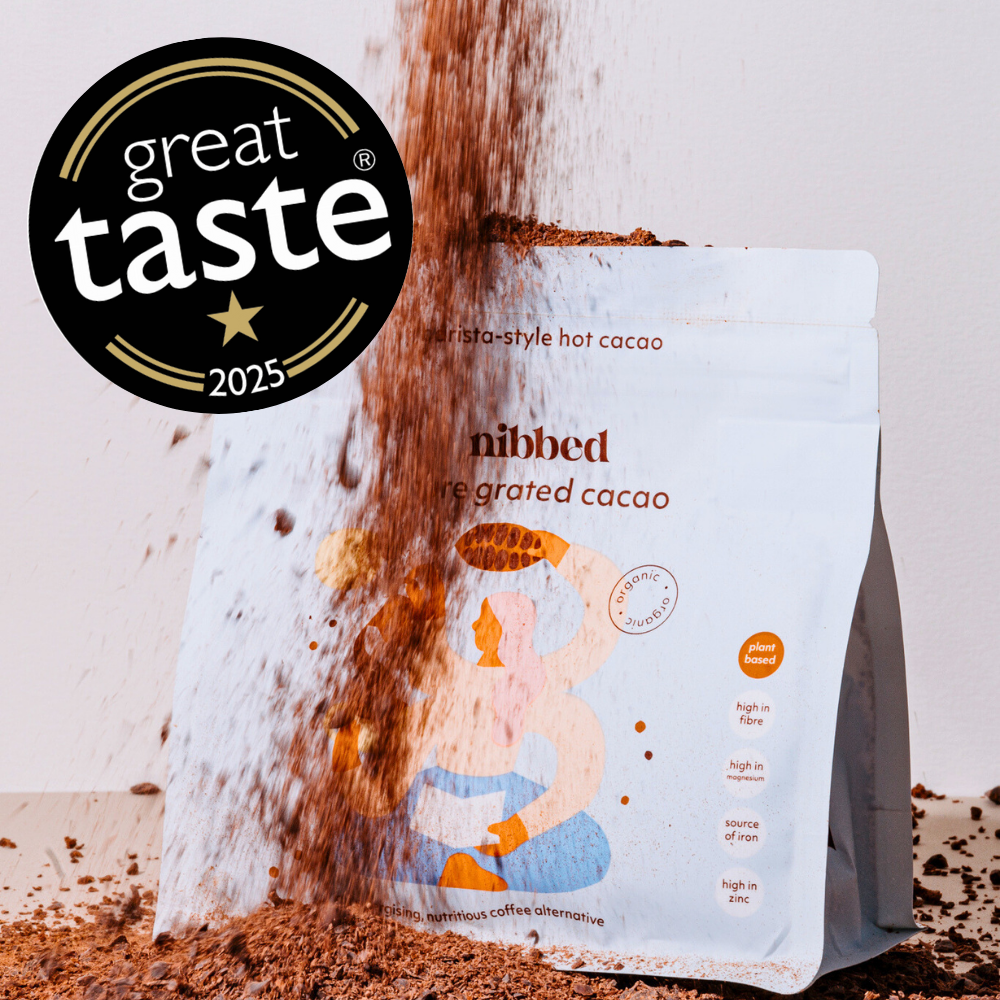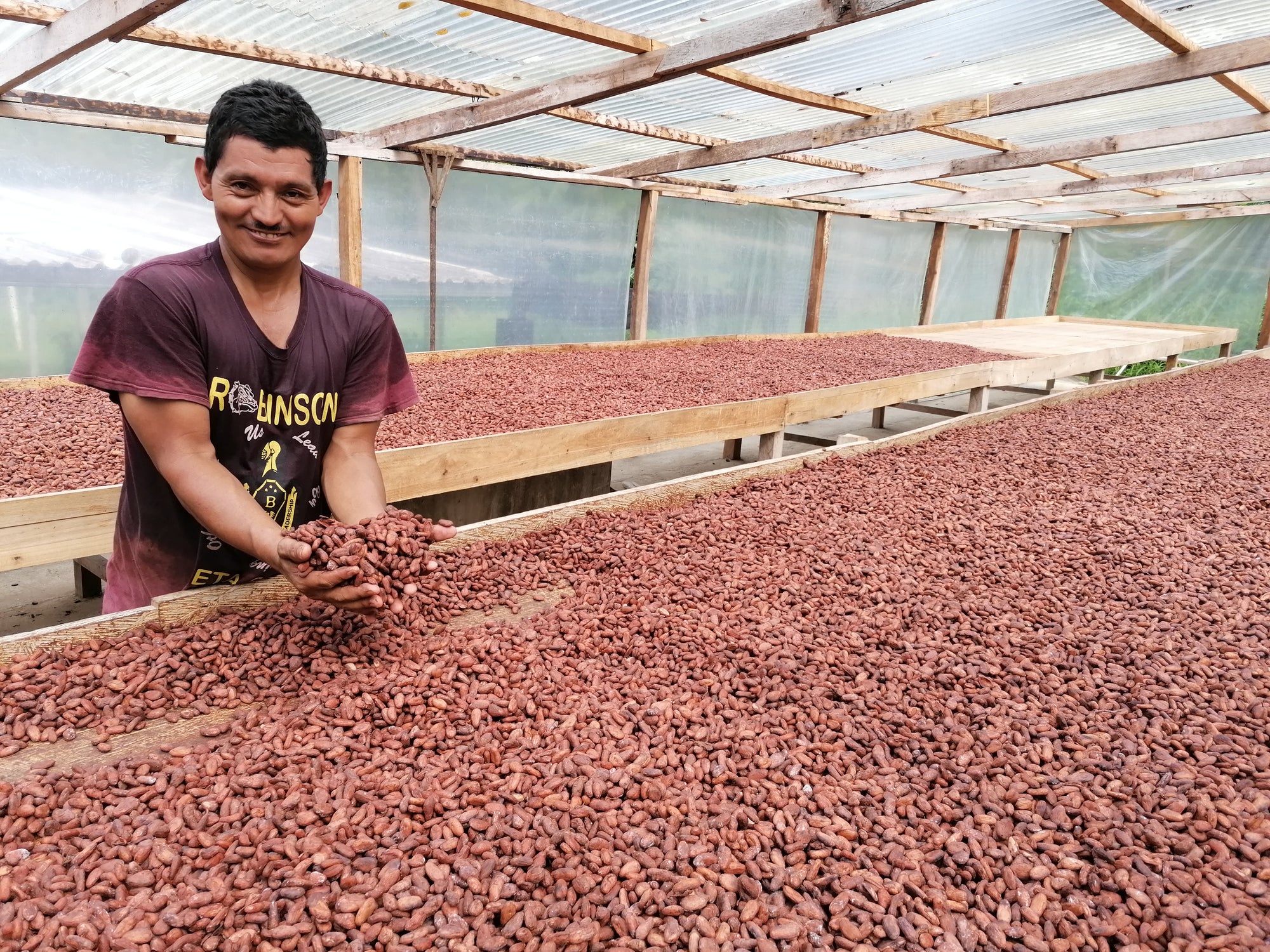
sourcing
SMALL-HOLDER FARMS PRACTICING REGENERATIVE AGRICULTURE
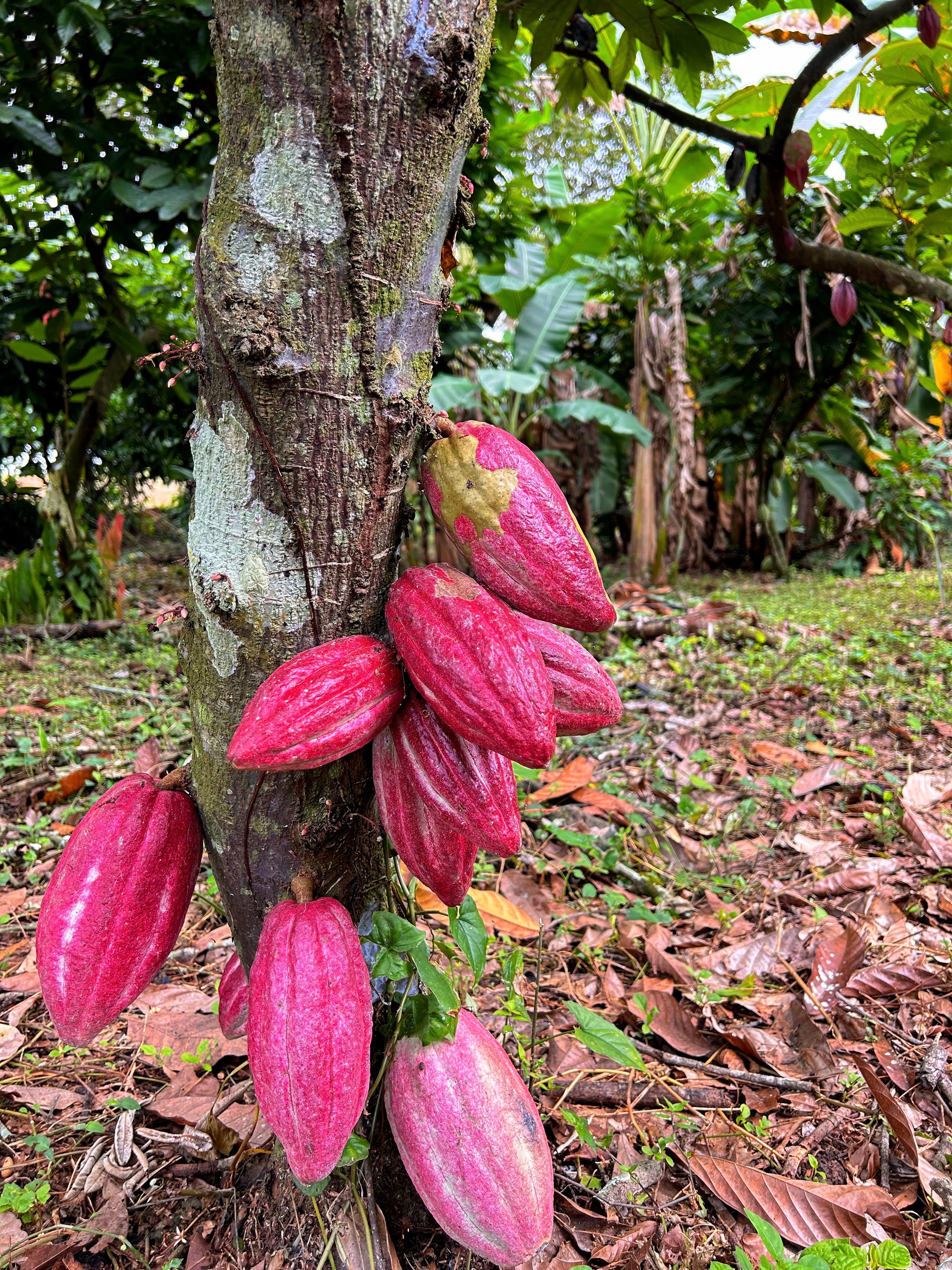
origins
We partner with smallholder farmers across Honduras, Nicaragua, and the Dominican Republic to bring you certified-organic cacao—sustainably grown, beautifully traceable, and rooted in ethical practice.
There is a global cacao shortage at the moment, see more info here.
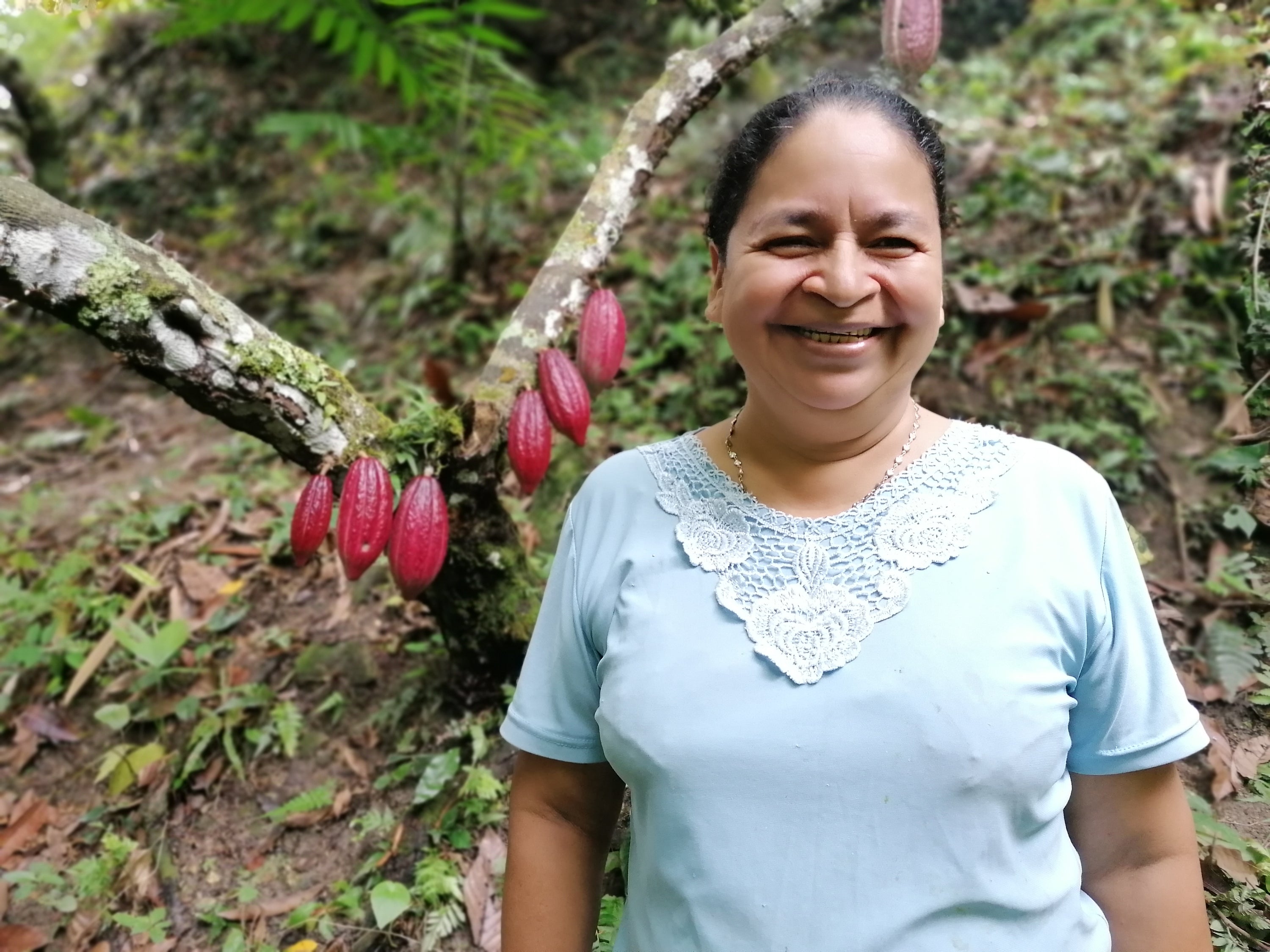
CRASVIDMIL
HONDURAS
The CRASVIDMIL Cooperative (Produccion Agropecuaria y Servicios Vision Dos Mil Limitada), located in Honduras’s western Lago de Yojoa region, comprises 52 dedicated cacao producers.
They meticulously select high-quality cacao beans, which are then fermented in wooden boxes for around five days, with a careful turn every 24 hours to ensure even fermentation. Following this, the beans are sun-dried on mesh beds for a seven-day period, with exposure time gradually increased to achieve the perfect balance for quality and flavour.
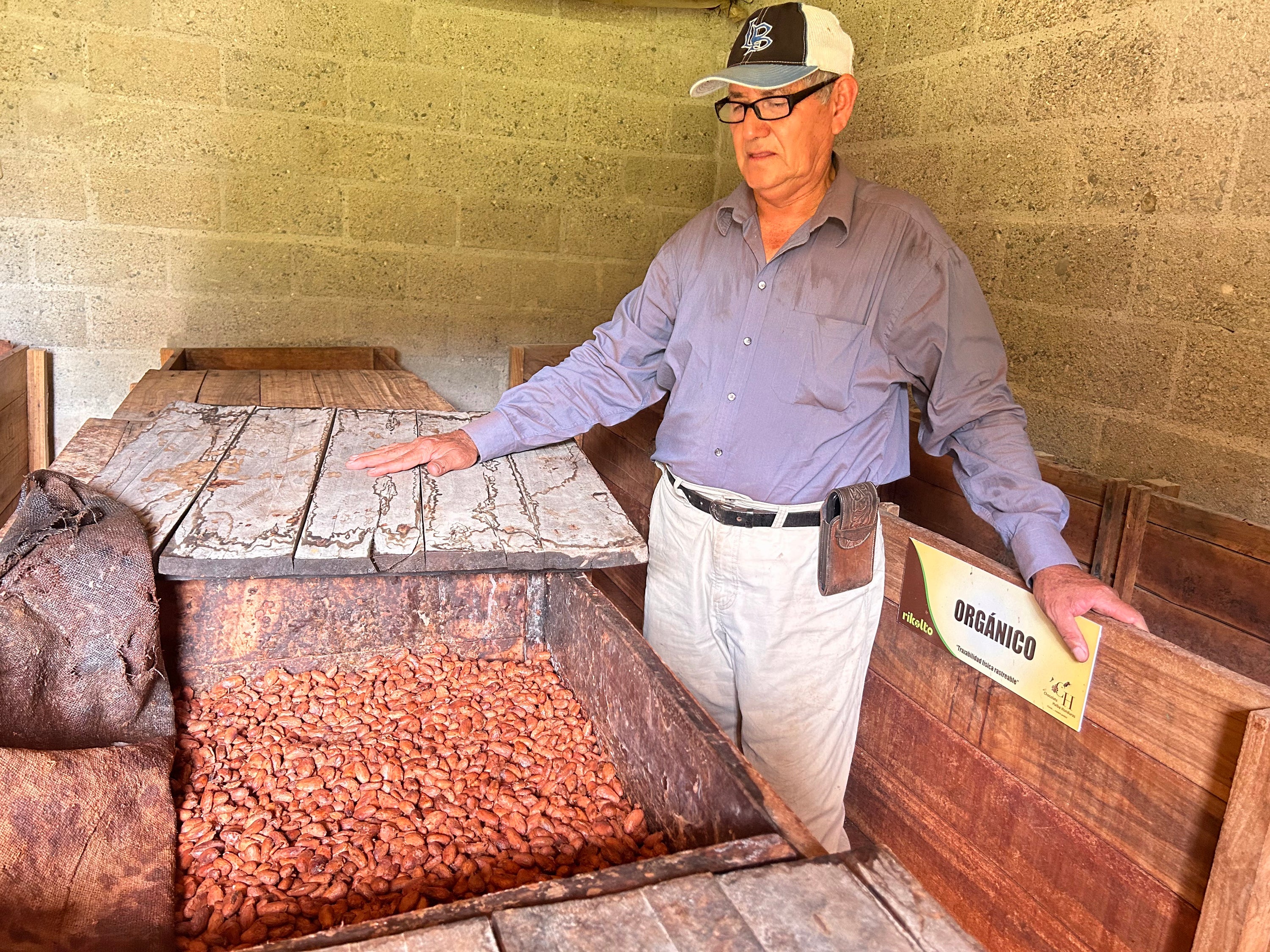
apach
HONDURAS
Nestled in the mountainous El Merendón region along Honduras’s northern coast, APACH (the Association of Agroforestry Producers of the Choloma River Basin) brings together 110 smallholder farmers united by a shared commitment to sustainability and collaboration.
Each farm is small in scale but rich in impact, practising organic and regenerative agriculture that prioritises soil and water conservation, biodiversity, and long-term reforestation.
The cooperative works closely with Chocolate Halba Honduras, a Swiss foundation present in the region since 2007. As both export partner and post-harvest support, they help ensure that every bean reflects the care of the farmers and the richness of the land.
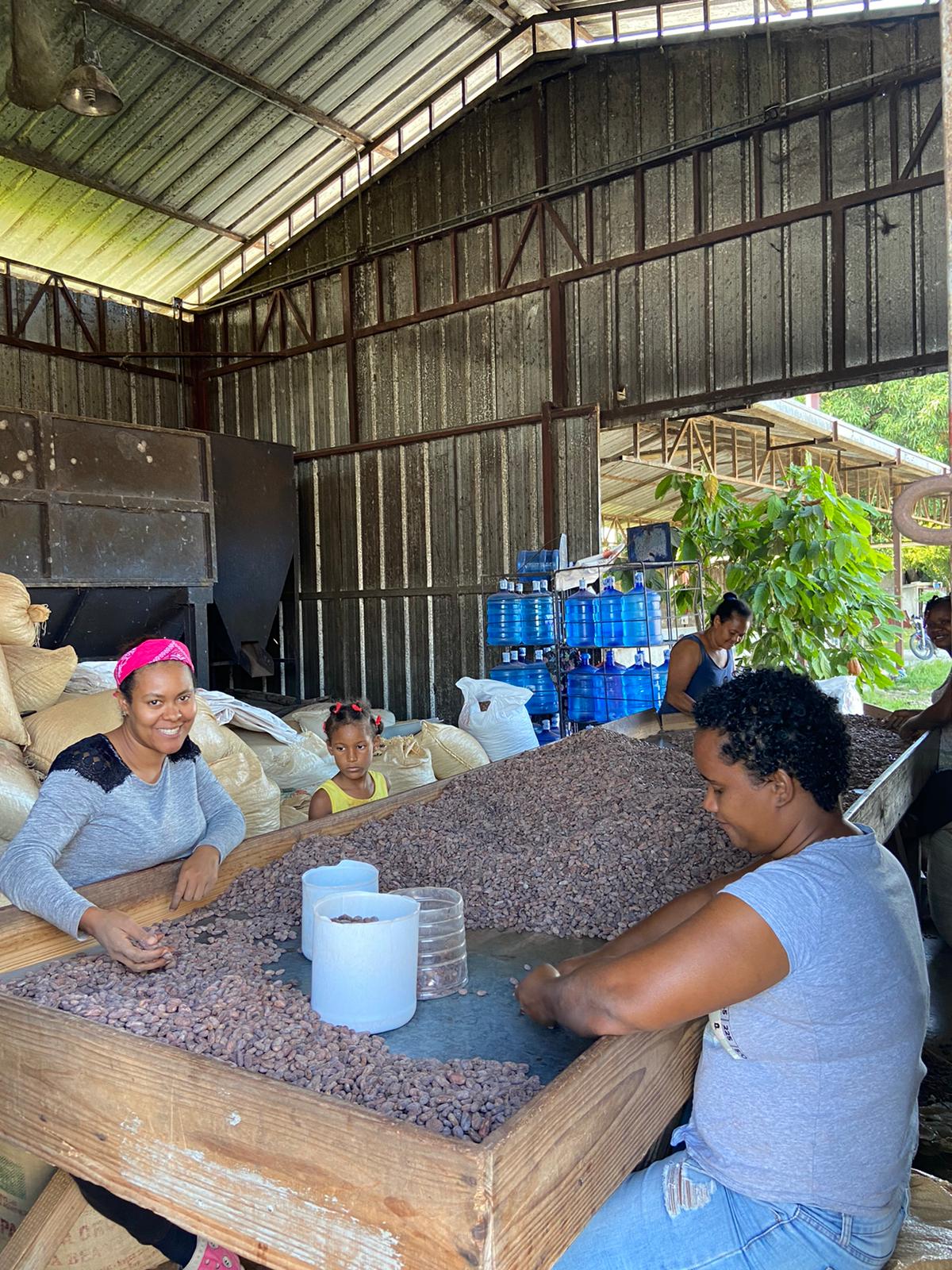
Öko Caribe
DOMINICAN REPUBLIC
Adriano and Gualberto founded Öko Caribe in 2006 with one clear goal: to raise the standard of quality cacao.
With decades of experience working in cacao, they believed the mainstream model wasn’t the way forward. By focusing on quality and consistency, Öko Caribe has created a more sustainable and stable environment for the 160 smallholder farmers they collaborate with.
From the village of Pimentel in San Francisco de Macorís, they source wet cacao directly from nearby farms—transporting it to their facility within six hours of harvest. There, the beans are fermented and dried under carefully controlled protocols to preserve flavour and integrity.
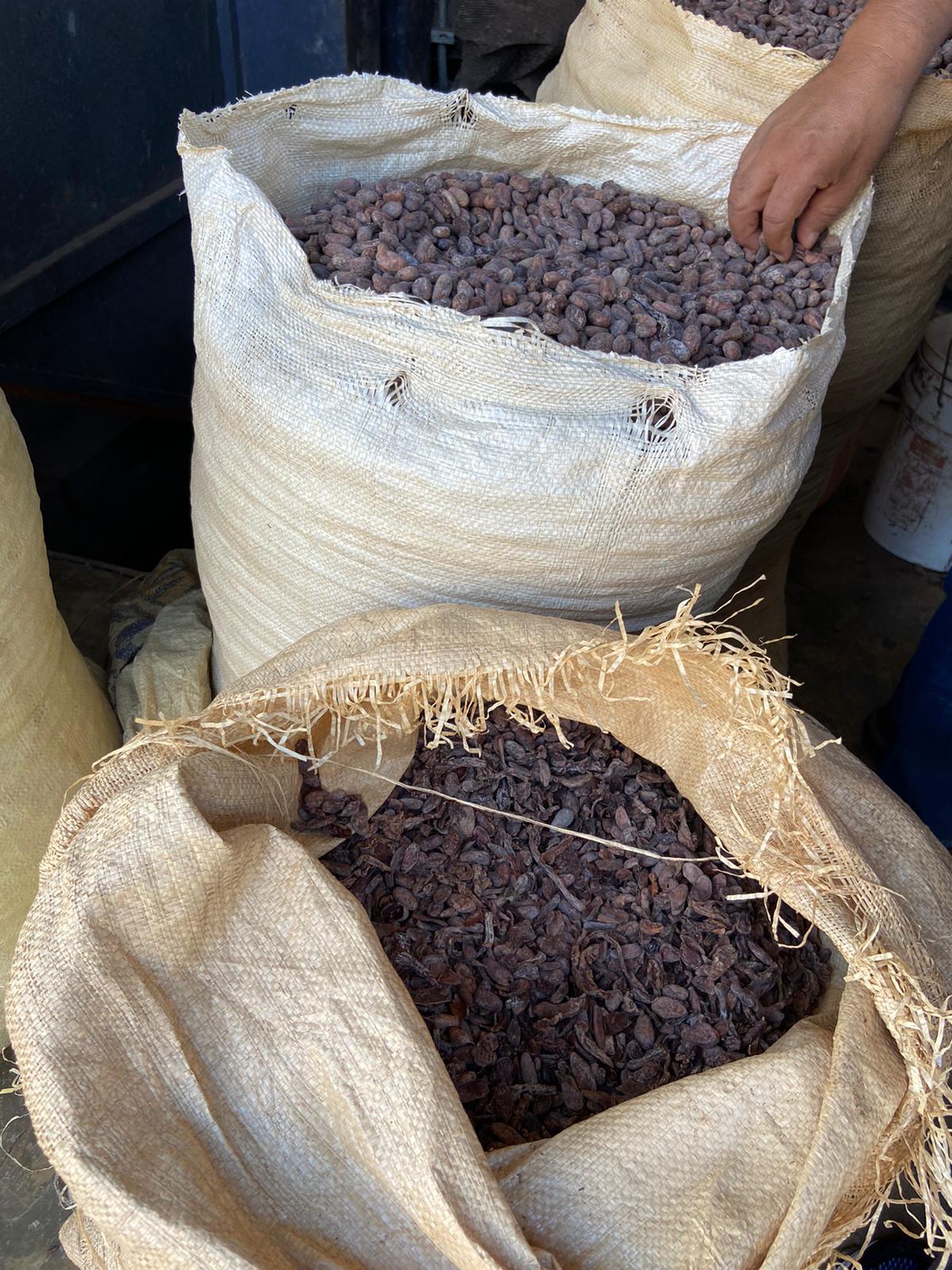
O' Tuma
NICARAGUA
Sourced through Ingemann, a social enterprise in Nicaragua, the O’Tuma variety is grown in the mountainous region of Waslala - 189km from Ingemann’s fermentation facility in Las Maderas.
Around 450 local organic farms contribute to the harvest. Each week, Ingemann’s team collects wet cacao directly from producers, then ferments and dries it in-house to ensure full traceability, consistency, and quality.
Together with their farming network, Ingemann has planted over one million cacao trees, supporting reforestation efforts and long-term environmental resilience across the region.
![Pure Cacao Grated [200g]](http://nibbedcacao.com/cdn/shop/files/NC-193_c7a1fc90-4d56-40d6-8b7d-56fd036451e7.jpg?v=1745068591&width=65)
![Pure Cacao Grated [500g]](http://nibbedcacao.com/cdn/shop/files/NC-168_67dcf7e8-50c1-4823-b782-e438cc4b86ac.jpg?v=1745068523&width=65)

![Pure Cacao Block [300g]](http://nibbedcacao.com/cdn/shop/files/Nibbed_Cacao_Block_300g_064abb3e-c390-4666-ae85-52298d2516a3.png?v=1749477474&width=65)








![Pure Cacao Grated [200g]](http://nibbedcacao.com/cdn/shop/files/NC-193_c7a1fc90-4d56-40d6-8b7d-56fd036451e7.jpg?v=1745068591&width=2000)
![Pure Cacao Grated [200g]](http://nibbedcacao.com/cdn/shop/files/Nibbed_Pure_Cacao_-_Great_Taste_1.png?v=1753872308&width=2000)
![Pure Cacao Block [300g]](http://nibbedcacao.com/cdn/shop/files/Nibbed_Cacao_Block_300g_064abb3e-c390-4666-ae85-52298d2516a3.png?v=1749477474&width=2000)
![Pure Cacao Block [300g]](http://nibbedcacao.com/cdn/shop/files/NC-108_a65d8ad1-d017-4815-beb3-d3f822b8d5a6.jpg?v=1749472074&width=2000)
![Pure Cacao Grated [500g]](http://nibbedcacao.com/cdn/shop/files/NC-168_67dcf7e8-50c1-4823-b782-e438cc4b86ac.jpg?v=1745068523&width=2000)
